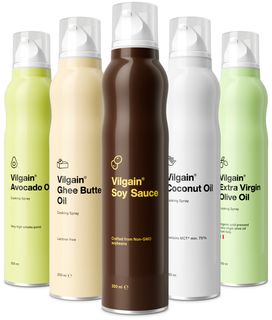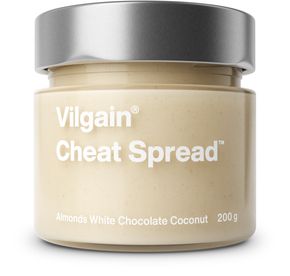- Almonds (20)
- Apple (6)
- Apricot (4)
- Banana (8)
- BBQ (3)
- Birthday cake (1)
- Black currant (1)
- Blueberry (5)
- Brownie (3)
- Candy (1)
- Caramel (14)
- Carrot cake (1)
- Cashew (10)
- Cherry (3)
- Chia (1)
- Chilli (10)
- Chocolate (65)
- Cinnamon (16)
- Cocoa (3)
- Coconut (28)
- Coffee (2)
- Cookie (6)
- Cranberry (5)
- Forest fruit (2)
- Gingerbread (1)
- Hazelnuts (9)
- Honey (11)
- Lemon (1)
- Mango (7)
- Maple syrup (5)
- Meat (2)
- Orange (4)
- Peanut butter (15)
- Peanuts (21)
- Pear (2)
- Pecans (7)
- Pineapple (2)
- Pistachio (4)
- Plum (3)
- Raspberry (12)
- Red velvet (2)
- Salted (21)
- Salted caramel (12)
- Snickerdoodle (2)
- Sour cherry (3)
- Spices and herbs (17)
- Strawberry (20)
- Tomato (2)
- Tropical fruit (4)
- Vanilla (17)
- Vegetables (1)
- Walnuts (1)
- White chocolate (10)
- Without flavor (16)
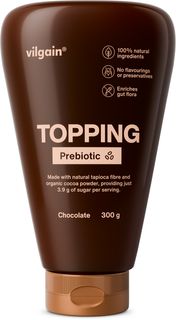

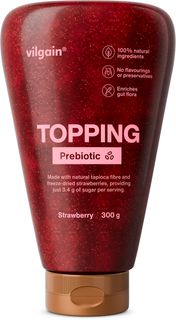
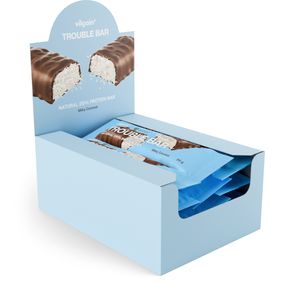
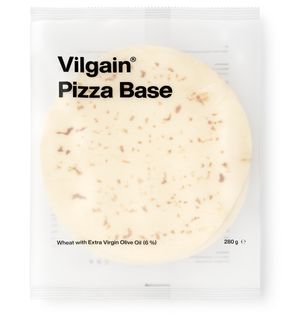
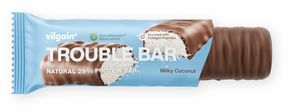

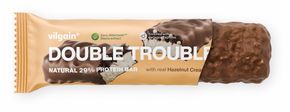

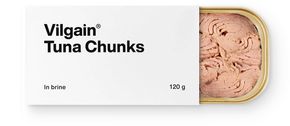
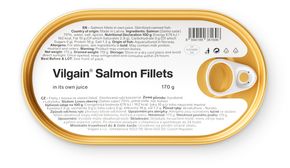
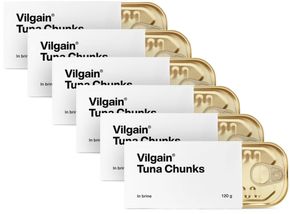
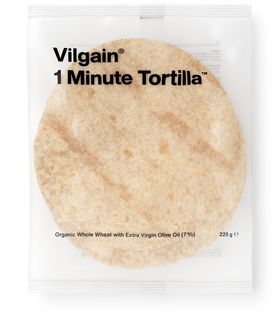





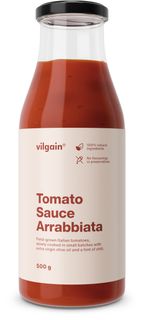
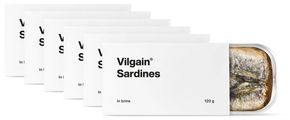
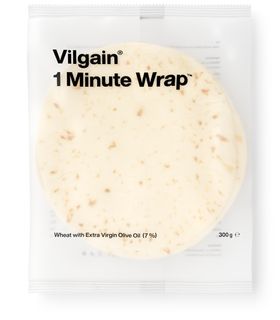
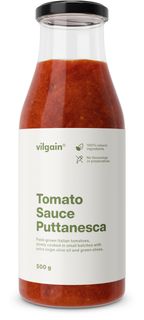
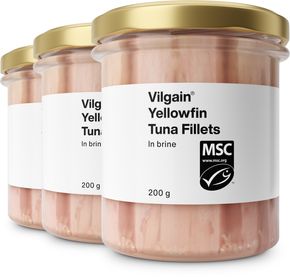

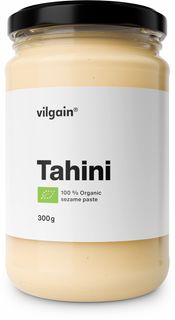
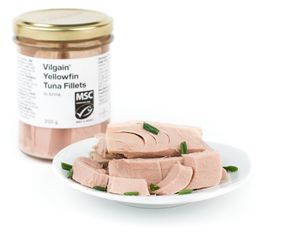
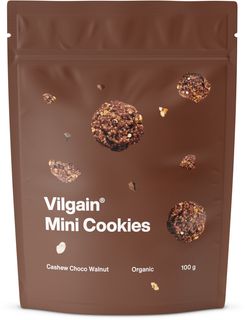
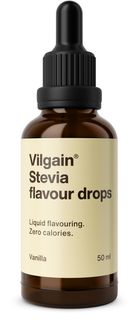
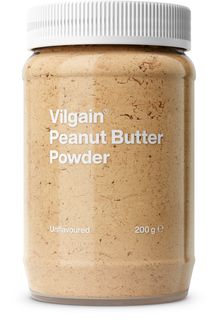
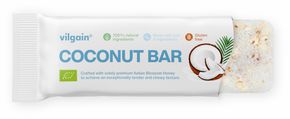

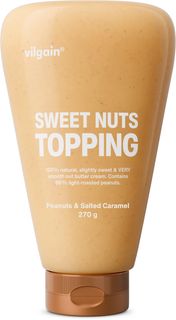


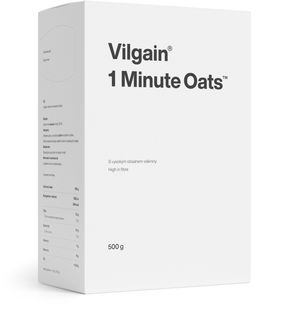

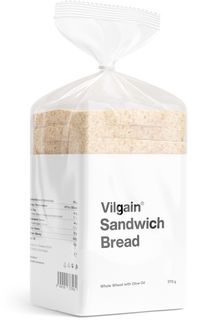
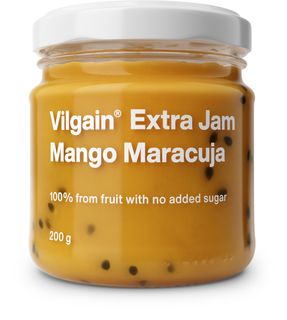
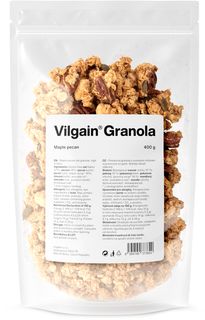
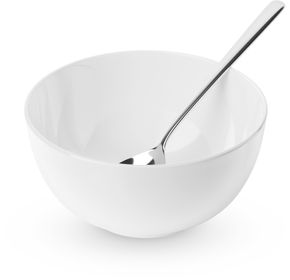
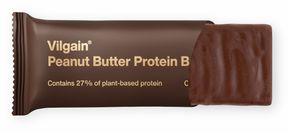
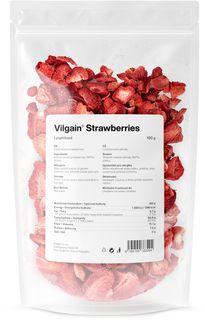
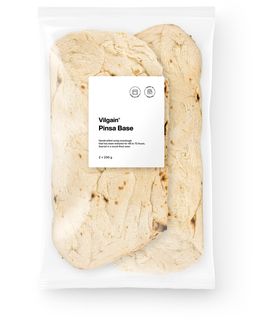
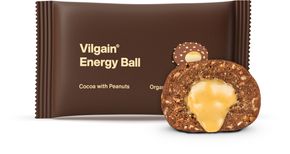
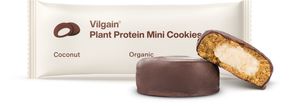
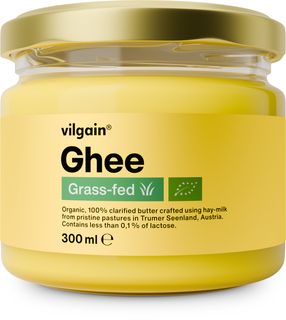
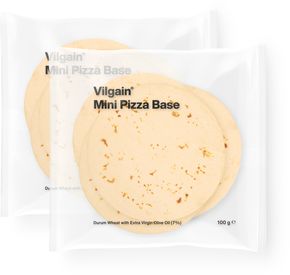
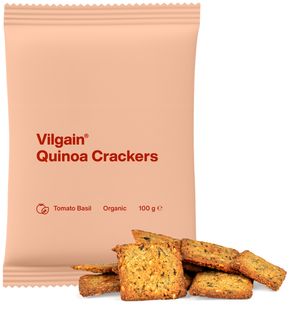
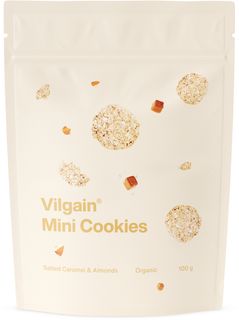
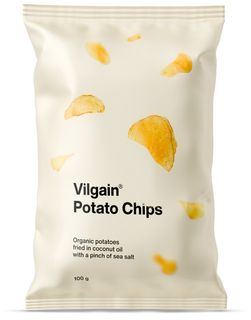

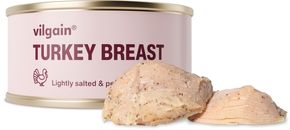
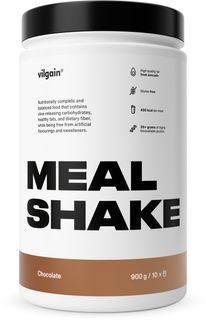
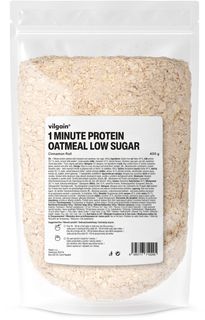
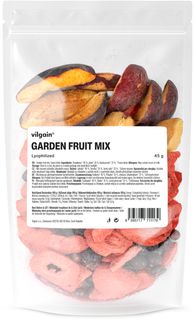
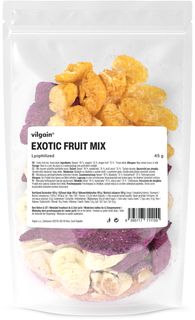
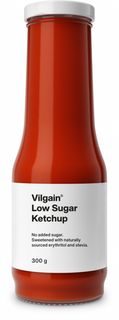
What is a healthy diet?
Even today, many people think of "healthy food" as unattractive‑looking food that lacks colour and flavour, and they pay extra for it. Fortunately, this has not been the case for some time, and "healthy" foods can be enjoyed just as well as unhealthy ones.
Healthy eating generally means a diet that provides adequate intake of all macronutrients, fibre, vitamins, minerals and other bioactive substances. A proper diet helps with the prevention of chronic diseases and contributes to overall physical and mental fitness. However, there is no need to restrict yourself completely and ban everything "unhealthy", you just need to set the right boundaries - e.g. the 80/20 rule.
How to choose healthy foods?
When you're on the hunt for healthy foods, it's important to look carefully at each product read the ingredients. In particular, you should be wary of consuming foods with excessive amounts of artificial colours, sweeteners or sugar. In short, the fewer ingredients the better.
Fresh, vitamin‑packed produce from one's own garden is a guaranteed safeguard. But these can't be relied on all year round, and a sufficient supply of non‑perishable foodstuffs makes up the bulk of any pantry. It is therefore particularly good to pay attention to quality. You can stock up with us:
- cereals to help you get a good start to the day. Taste a wide variety of cereals, muesli, granola, crisps or instant porridge, which you can simply pour water over,
- nut butters and creams are great in porridges, but also for flavouring yoghurt or pancakes. If you've had enough peanut butter, try reaching for almond or cashew butter,
- nuts and dried fruits will add just the right crunch to your breakfast. You can also enjoy a mix of nuts, seeds and dried fruit for a nutrient‑packed snack,
- snacks like bars, cookies or jerky are just asking for a trip. If you see yourself as more of a sweet tooth, try chocolate cupcakes or pretzels,
- canned foods are not only great for travel, but they're great whenever hunger strikes. Try our R2E foodsthat are ready to taste,
- at attachments is often seen as something inferior on the edge of the plate. However, even a novice cook can conjure up a wholesome and tasty meal from rice, pulses, pasta or cereals (combined with a good source of protein and fat),
- sweeteners and flavourings add the right flavour to every dish. Sweetness can be induced with syrup, honey or marmalade. Use spices and dried herbs in savoury dishes,
- sauces add a new dimension to every meal. Asian sauces add a touch of the exotic, while traditional ketchups and mustards go with almost every dish. For lovers of spicy, we offer chilli sauces.
- Fats, oils and vinegars are essential ingredients in the preparation of many dishes. Try a traditional olive, ghee or spray oil to make dosing easier.
- Cooking and baking ingredients such as flours, baking powder, cream or cocoa are a must‑have for all home bakers and pastry chefs. If you don't know what to bake, check out our baking tips.
Healthy eating doesn't just take one form. Nowadays, there are a plethora of dietary trends (e.g. veganism, keto diet) that, when properly conceived, meet the prerequisites of healthy eating. However, there are also people with health restrictions (e.g. histamine or lactose intolerance) who have to cut out some otherwise essential products - but even here, with the right dietary composition, a balanced diet can be achieved.
In some cases, however, certain essential substances may be deficient, which can be helped by dietary supplements.
